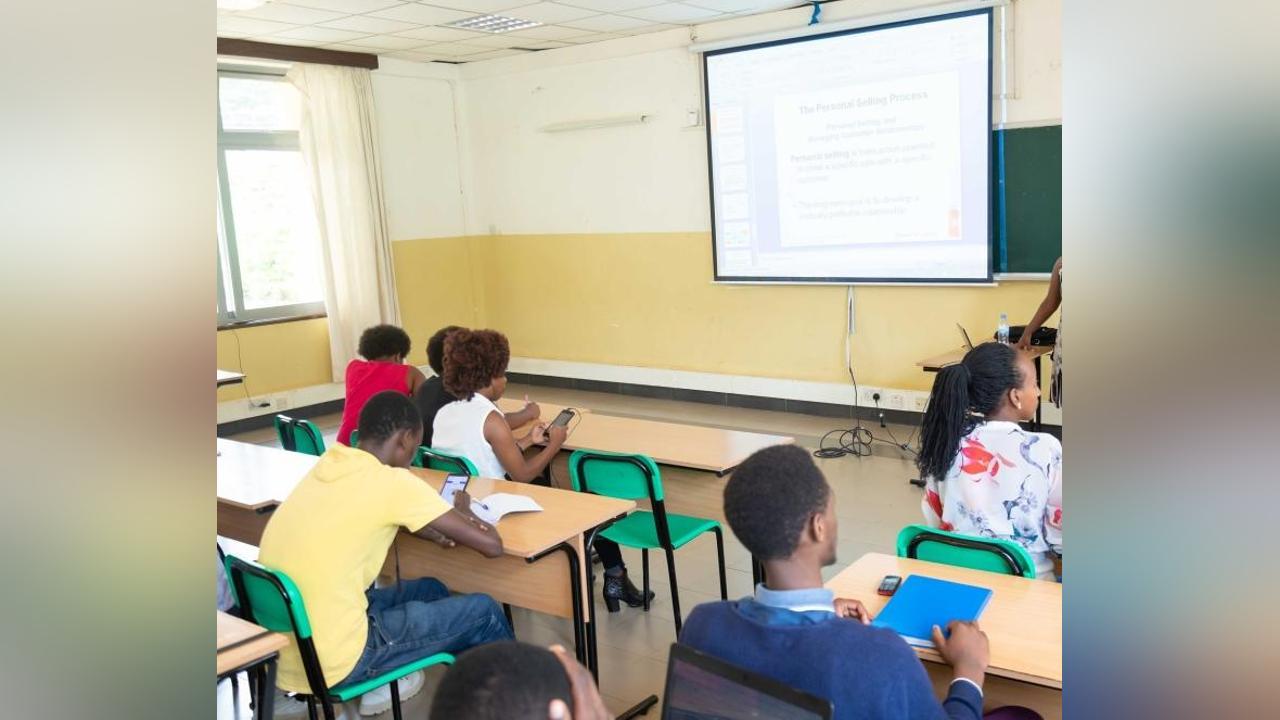Africa-Press – Rwanda. Women account for a small share of academic staff at the higher education level, including those holding PhD degrees, despite occupying most of the teaching jobs in primary education, a new report shows. It recommended that effort should be made to increase women’s representation among higher academic personnel.
The State of Gender Equality in Rwanda Accelerating Gender Equality, Progress for Sustainable Transformation, by Gender Monitoring Office (GMO) is dated March 2024.
According to the report, there were 1,083 PhD staff in 2022. Women were 162 representing almost 15 per cent of the total, while men were 921.
Nevertheless, the data reflects an increase of more than a half in the number of female academic staff with PhD degrees, from 93 in 2019.
For men with PhD degrees, they increased by almost 35 per cent from 683 in 2019.
The report cited Education Statistical Yearbooks of the Ministry of Education (MINEDUC) — MINEDUC, 2019-2022 — as the source of the data. As per the report, there is a significant discrepancy in the number of male and female teachers at different levels of education.
Majority of female teachers, it indicated, were found in the pre-primary level (where women dominated with 85.6 per cent of 7,259 teachers), and primary education level (56.9 per cent of 62,937 teachers in 2022), while male teachers are more prevalent in the secondary level (68.3 per cent of 23,968 teachers) and higher learning education level (81 per cent of teachers).
Another area where women had a small share is in Technical Vocational Education and Training (TVET), as they represented slightly over 24 per cent or 778 of all the 3,190 teachers.
For academic staff for higher education, women were 823 or 19 per cent of 4,302 personnel in 2022.
“This suggests that male teachers tend to occupy higher-paying positions in secondary and higher learning institutions than their female counterparts. While it is encouraging to see more female teachers in primary education, it is important to support and encourage them to pursue advancement to other levels, including leadership or managerial roles,” it observed.
For More News And Analysis About Rwanda Follow Africa-Press






